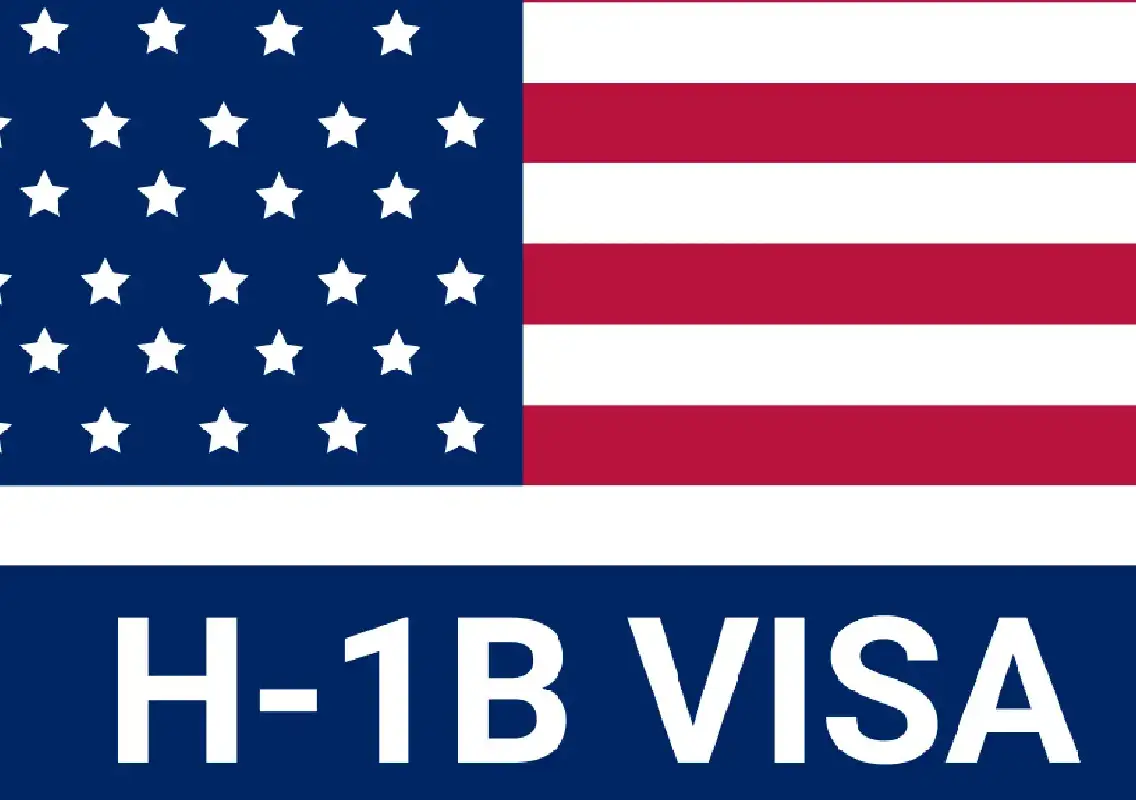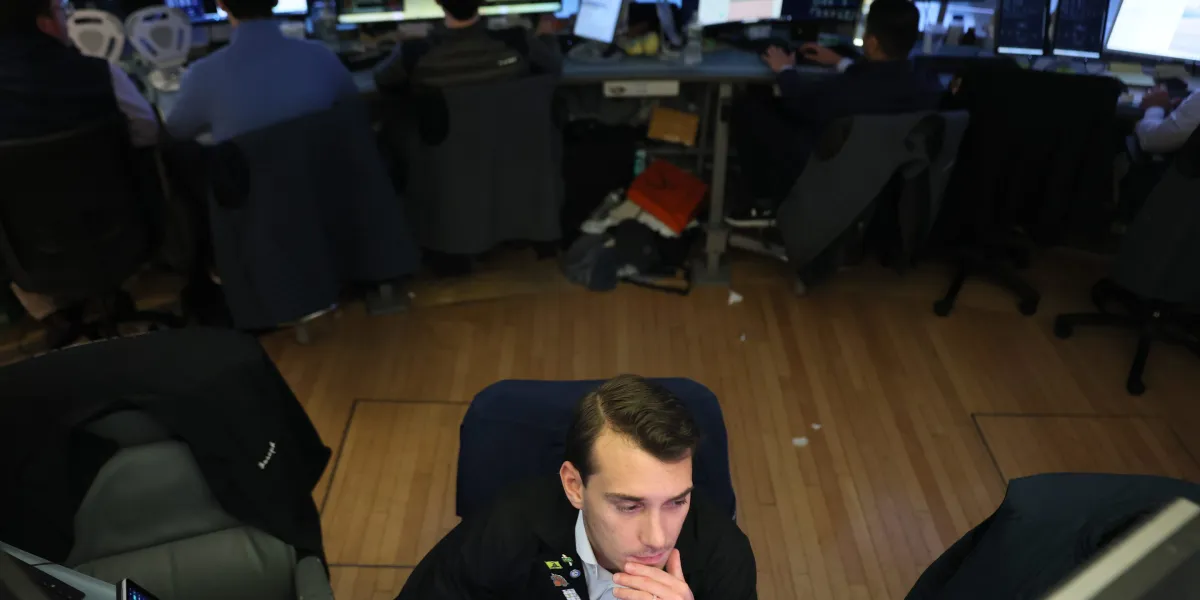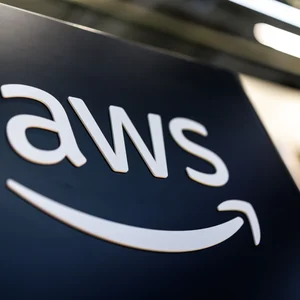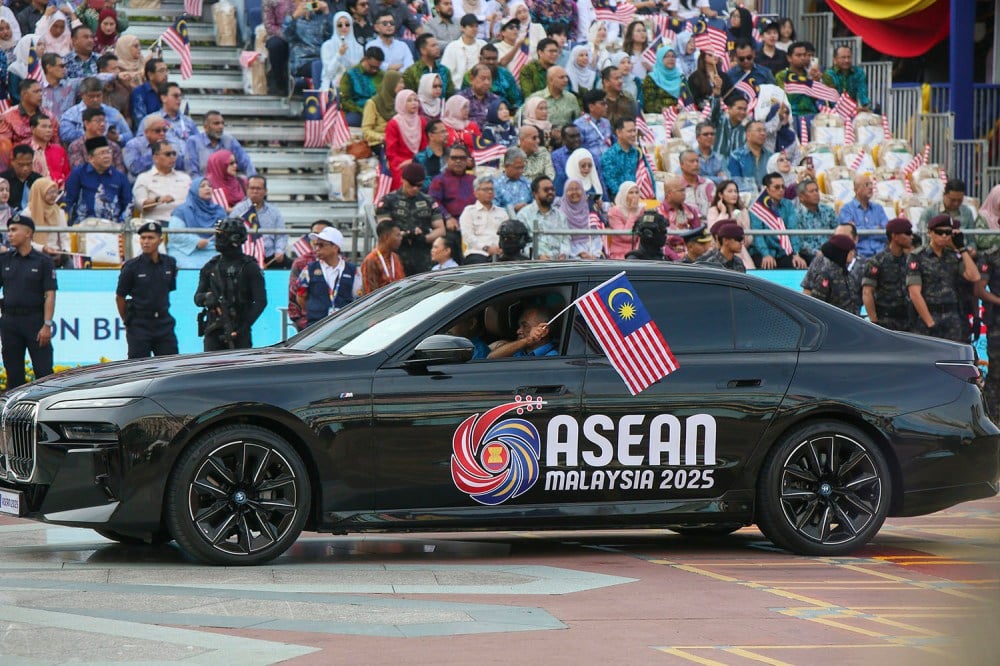Copyright newskarnataka

Washington D.C.: The United States Citizenship and Immigration Services (USCIS) on Monday clarified that recent international college graduates and existing visa holders will not be subject to the controversial $100,000 H-1B visa fee announced last month by the Donald Trump administration. The decision offers relief to many, including Indian students and professionals, amid growing confusion over the fee. Fee exemptions for current visa holders The September 19, 2025, presidential proclamation had imposed a hefty $100,000 charge on new H-1B petitions, causing widespread concern among employers and foreign workers. The USCIS guidance released on October 20 specifies that the fee will not apply to “change of status” cases, where individuals switch visa categories while remaining in the US, such as F-1 students moving to H-1B status. Additionally, H-1B extensions and existing visa holders seeking to travel in and out of the US will also be exempted. The agency clarified, “The Proclamation applies to new H-1B petitions filed at or after 12:01 a.m. eastern daylight time on September 21, 2025, for beneficiaries outside the US without a valid H-1B visa.” However, the fee will still apply to petitions filed for foreign workers outside the US or for those who must leave the country before petition adjudication. USCIS has also introduced an online portal for paying the $100,000 fee. Relief for Indian students and professionals The Monday guidelines appear to provide clarity for F-1 student visa holders and L-1 visa employees, a significant segment of Indian nationals working or studying in the US. The exemption ensures that those already in the US will not be subject to the new fee, easing concerns about sudden financial burdens. An L-1 visa allows multinational companies to transfer employees from overseas offices to the US, while an F-1 visa permits international students to study full-time at accredited institutions. USCIS confirmed that the fee exemption covers both categories for status changes. National interest exceptions While the administration did not announce blanket waivers for specific roles or sectors, employers may request an exception if a worker’s presence in the US is deemed in the national interest and no American is available to fill the position. The Trump administration argued that the fee is necessary to curb alleged abuse of the H-1B programme, heavily used in the technology sector. However, critics warn that it could disrupt multiple industries that rely on skilled foreign workers, from research and education to healthcare and IT. Moving forward This is the first detailed guidance from the Trump administration since the proclamation, aiming to address the uncertainties surrounding the H-1B fee. While exemptions for those already in the US bring immediate relief, questions remain regarding which industries, occupations, and future applicants outside the US might face the charge. As the H-1B visa programme continues to play a critical role in supporting US businesses and international students, stakeholders await further clarifications on implementation and possible legal challenges.



